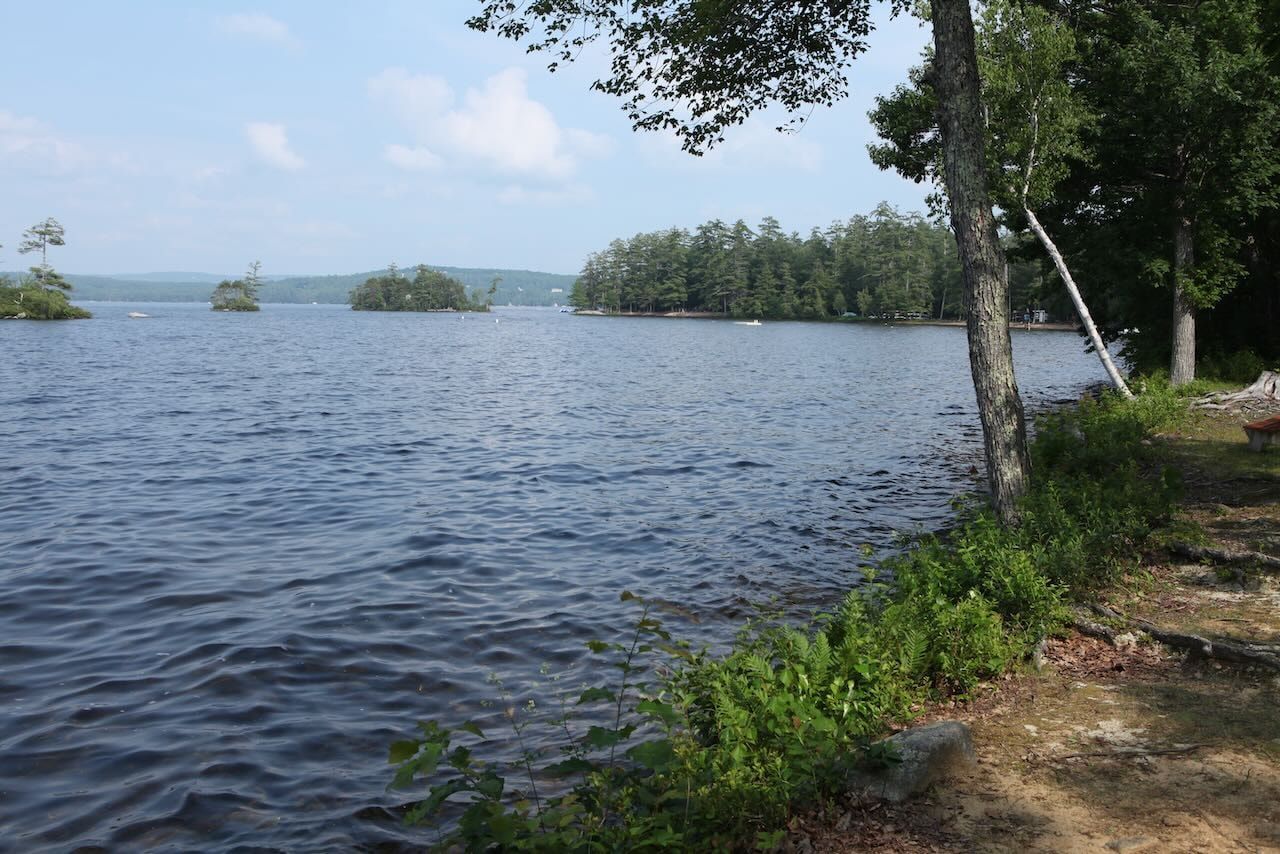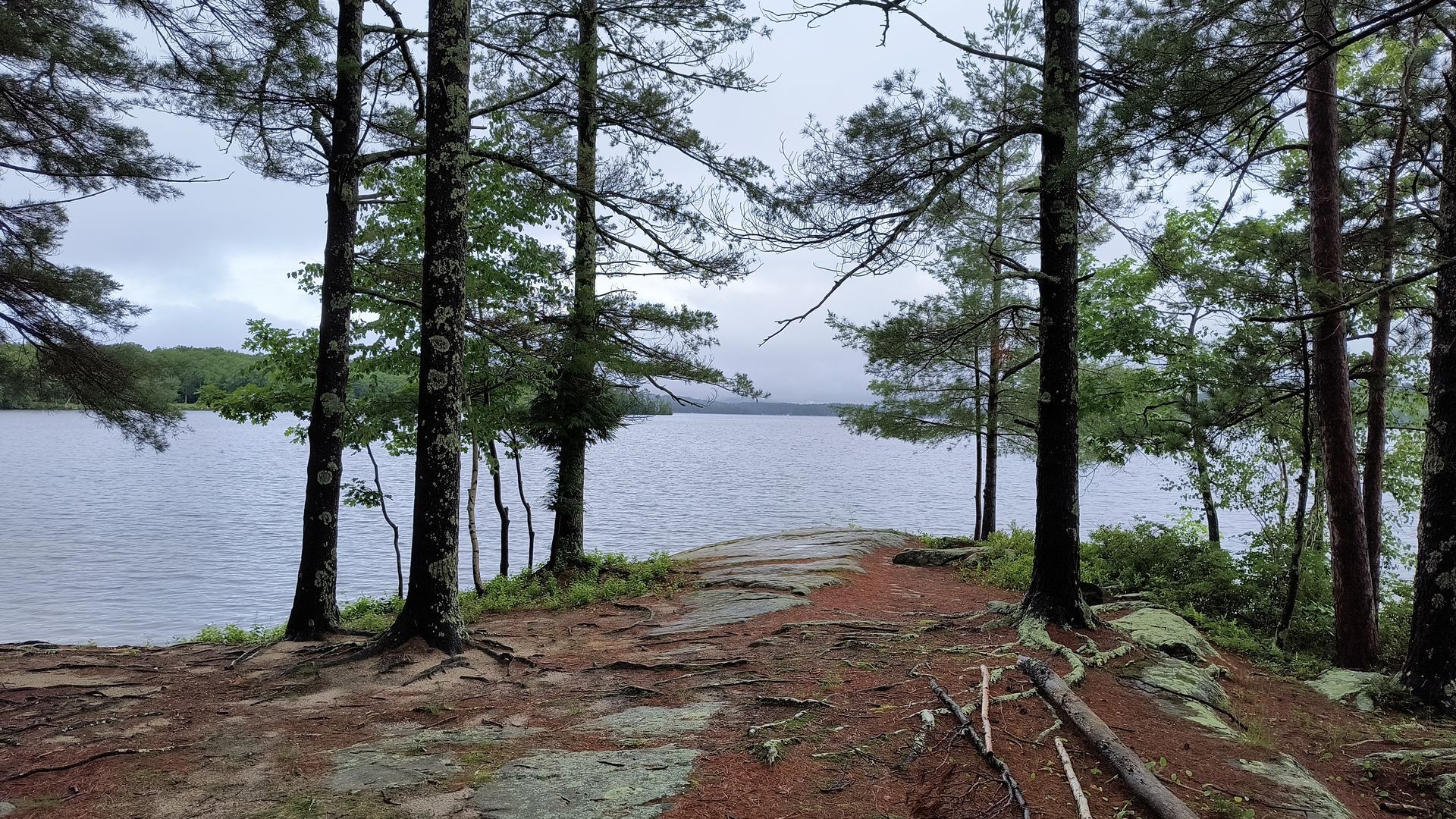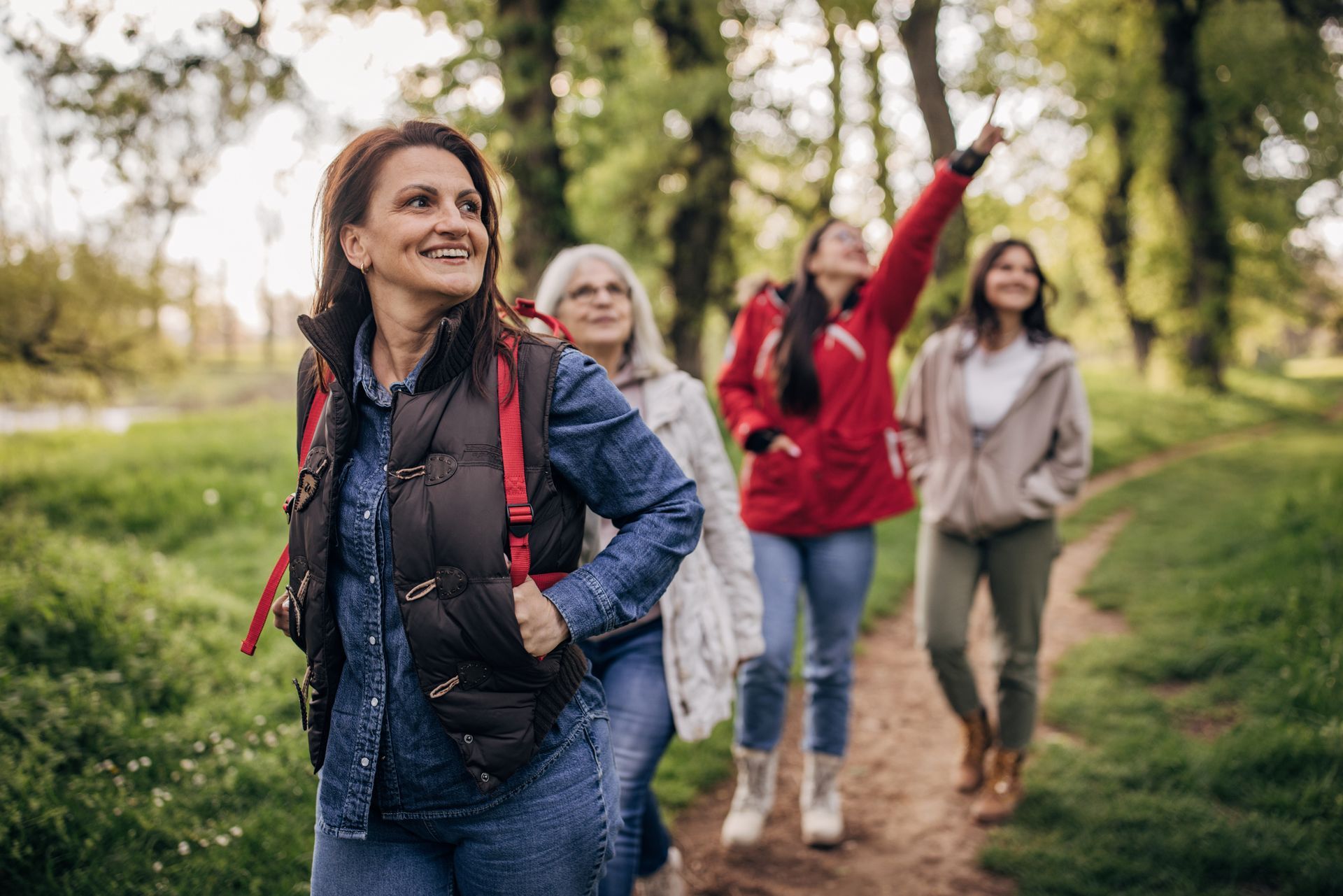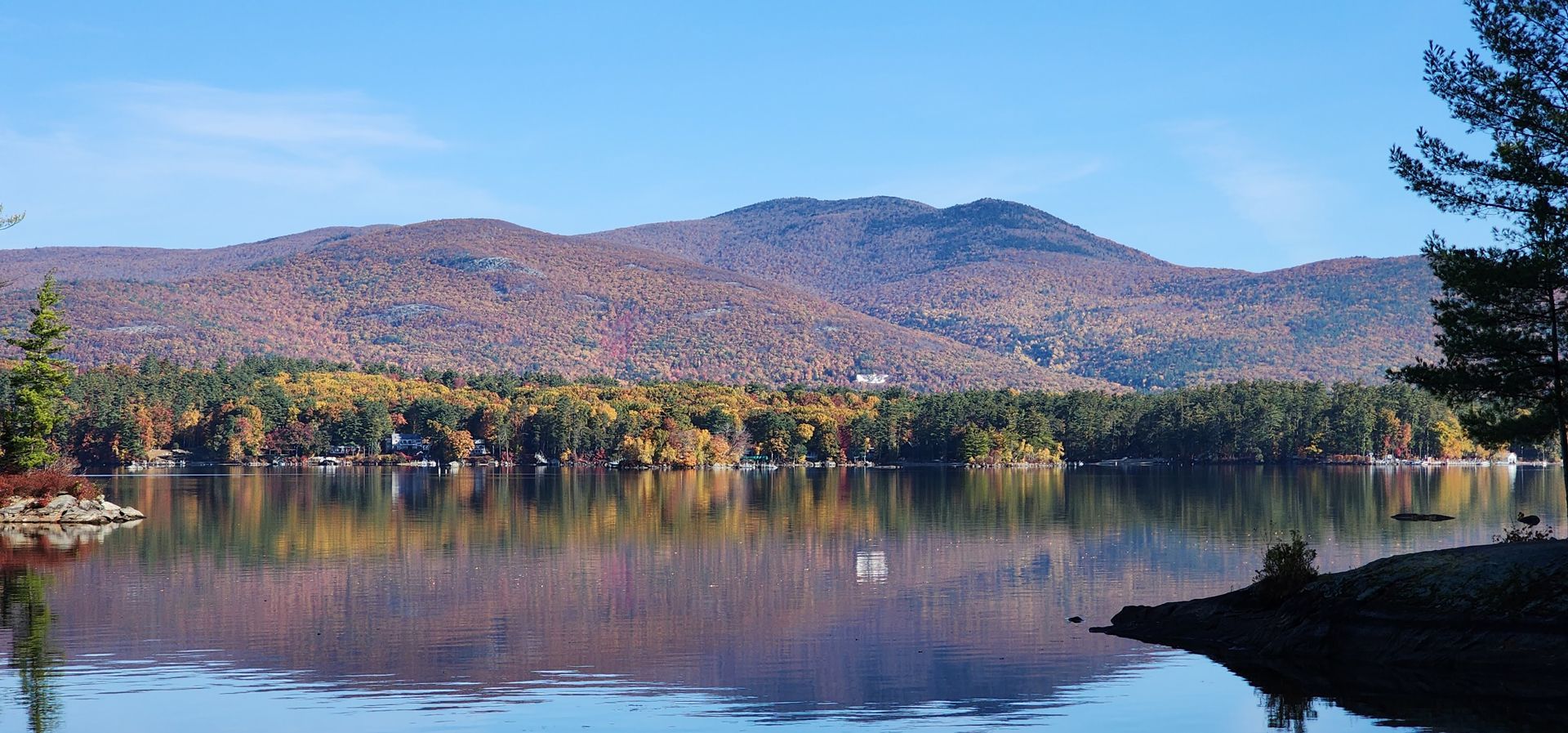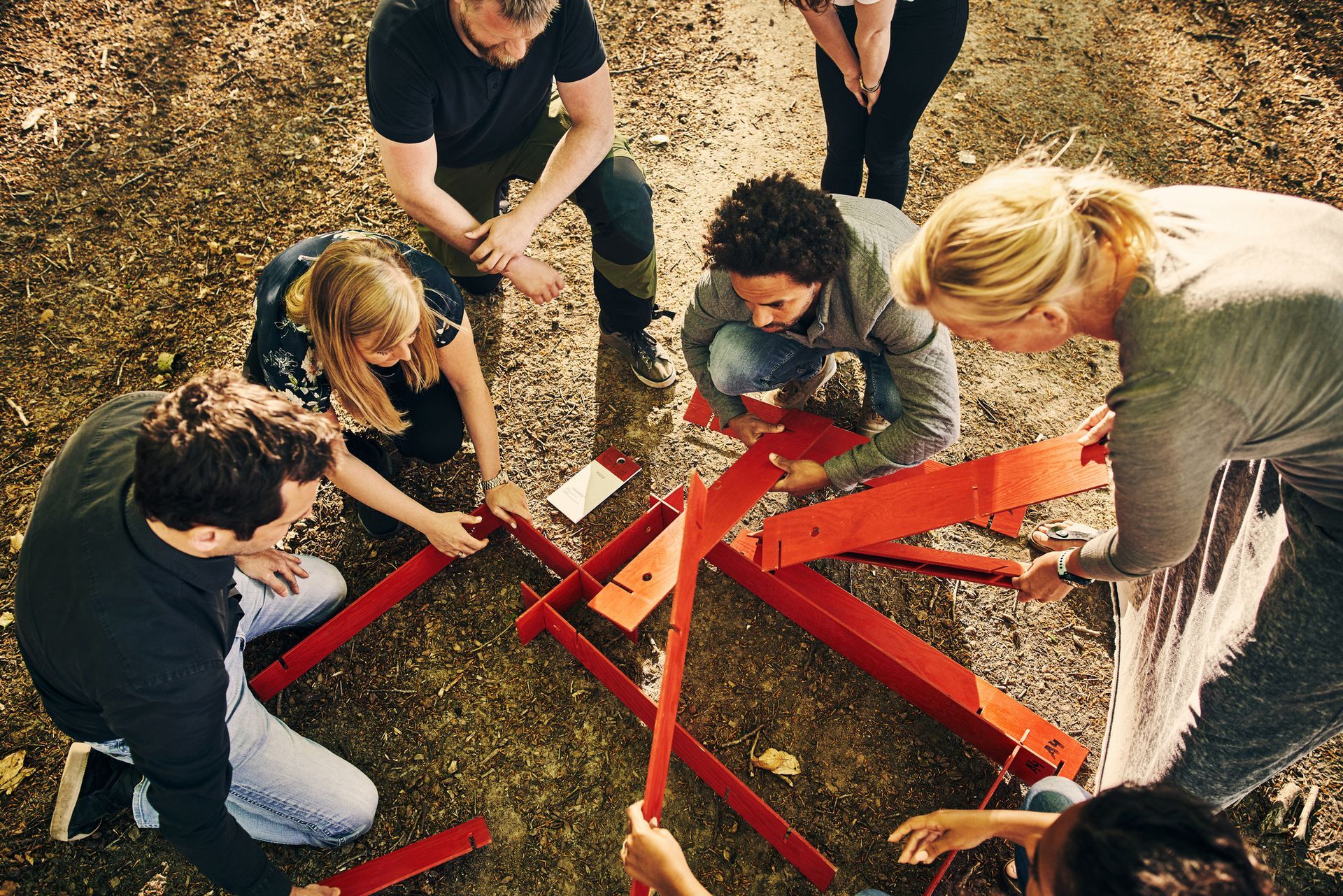Mental Health Retreats: A Comprehensive Guide to Healing and Wellness
What Are Mental Health Retreats
A mental health retreat is an immersive, short-term program specifically designed to support emotional healing and psychological well-being in a structured, therapeutic environment. These healing retreats differ significantly from traditional therapy by offering intensive daily sessions in tranquil environments away from the stressors of everyday life, allowing participants to focus entirely on their healing process.
Mental health retreats have gained remarkable popularity since the early 2000s as alternative wellness approaches gained recognition within mainstream mental health treatment. Their core mission centers on providing distraction-free spaces for self-reflection, emotional reset, and comprehensive mental wellness support through evidence based therapies combined with holistic practices.
Many mental health retreats integrate evidence-based therapeutic interventions with wellness practices like yoga and meditation, mindfulness practices, and experiential therapies to create a comprehensive approach to mental well being.
Accommodation Options at Mental Health Retreats
Mental health wellness retreats offer diverse accommodation options to meet varying needs and budgets. Shared dormitory-style accommodations provide cost-effective options for budget-conscious participants while fostering community connections essential to the healing process.
Private lodge rooms and individual cabins cater to those seeking solitude and privacy during their emotional healing retreat experience. These spaces often feature calming décor and peaceful environment elements designed to promote rest and introspection.
Luxury suite options at high-end retreat centers include spa-like amenities, private bathrooms, and enhanced comfort features that support relaxation and self-care. Many wellness retreats also offer specialized accommodations designed for families, couples participating in family therapy sessions, or gender-specific programs addressing particular mental health conditions.
Most accommodations prioritize comfort and serenity over luxury, creating supportive environments that enhance sleep quality and provide peaceful spaces for reflection between therapeutic sessions.
Common Facilities and Amenities
Retreat centers typically feature dedicated meditation halls and quiet reflection spaces where participants can cultivate present moment awareness and practice mindfulness meditation techniques. These spaces are designed to support inner peace development and present moment awareness training.
Group therapy rooms provide intimate settings for counseling sessions and workshops led by licensed mental health professionals. These spaces are carefully designed to create a supportive environment where participants feel safe sharing and processing their mental health challenges.
Wellness centers house yoga studios, fitness facilities, and movement therapy spaces where participants engage in physical postures, fitness classes, and body-based healing modalities. These facilities support the connection between physical and mental wellness that many mental health retreats emphasize.
Dining areas offer nutritious, healing-focused meal programs often including nutritional counseling components. Art therapy studios, libraries, and creative expression spaces provide venues for experiential practices that support emotional regulation and self discovery.
Spa facilities featuring massage rooms, saunas, spa treatments, and relaxation areas complement therapeutic interventions with holistic therapies designed to reduce stress and promote overall well being.
Therapeutic Programs and Treatment Approaches
Mental health retreats offer individual therapy sessions with licensed therapists who provide personalized treatment plans addressing specific mental health disorders and conditions. These sessions allow for intensive focus on mental health issues without the typical constraints of weekly traditional therapy appointments.
Group therapy sessions create opportunities for peer support and shared healing experiences, helping participants realize they’re not alone in their mental health challenges. These sessions often focus on developing coping strategies and emotional balance through compassionate support and professional guidance.
Evidence based therapies form the foundation of most retreat programs, including cognitive behavioral therapy (CBT), EMDR for post traumatic stress disorder treatment, and dialectical behavior therapy for emotional regulation. Licensed mental health professionals integrate these approaches with holistic approaches including breathwork, mindfulness practices, and meditation classes.
Specialized programs address specific mental health conditions such as anxiety, depression, unresolved trauma, grief, and stress management. Many retreats also offer programs for bipolar disorder and other mental health disorders requiring specialized therapeutic interventions.
Expressive arts therapy, art therapy, music therapy, and other creative healing modalities provide alternative pathways to emotional healing, particularly beneficial for participants who struggle with traditional talk therapy approaches.

Outdoor Activities and Nature-Based Healing
Guided nature walks and hiking trails offer therapeutic outdoor experiences that support mental clarity and stress management. Research consistently shows that time in nature helps reduce stress and promotes emotional healing through what’s often called eco-therapy or nature-based healing.
For coastal retreat centers, beach access and waterfront activities provide additional opportunities for contemplation and relaxation. The rhythmic sounds of water often help participants manage stress and find inner balance during their healing retreat experience.
Adventure therapy programs include outdoor challenges and team-building exercises designed to build confidence and develop healthy coping strategies. These experiential practices help participants transfer healing insights into practical skills for daily life.
Gardening and horticultural therapy activities provide grounding experiences that support mindfulness practices and present moment awareness cultivation. Working with soil and plants often helps participants reconnect with natural rhythms and find peace.
Wildlife observation and eco-therapy experiences offer opportunities for quiet contemplation and connection with the natural world, supporting the overall mental wellness goals of the retreat experience.
Outdoor meditation spaces, including labyrinth walks and dedicated contemplation areas, provide venues for practicing mindfulness meditation techniques learned during the program.
Who Benefits from Mental Health Retreats
Individuals experiencing depression, anxiety, trauma, or chronic stress often find significant relief through intensive retreat experiences that provide focused attention on their mental health treatment needs. Those feeling emotionally exhausted or stuck despite ongoing therapy may benefit from the immersive nature of wellness retreats.
People seeking intensive healing experiences beyond weekly therapy sessions often discover that retreat formats accelerate their healing process through concentrated therapeutic interventions and supportive environment immersion.
Professionals dealing with burnout and work-related stress frequently use mental health retreats to step away from daily life pressures and develop effective strategies for managing stress in their professional environments.
Couples needing relationship healing and improved communication skills may benefit from specialized programs that include family therapy sessions and relationship-focused therapeutic approaches.
Anyone wanting to develop healthier coping strategies and emotional resilience can gain valuable tools and insights through retreat participation, particularly when seeking support for making significant life changes or processing major transitions.
Individuals with various mental health conditions, from anxiety disorders to more complex mental health challenges, may find retreat experiences complement their existing treatment plans when appropriate for their specific needs.
Choosing the Right Mental Health Retreat
Consider program duration carefully, as options range from weekend intensives to 30-day comprehensive stays. Longer programs typically provide more intensive healing opportunities but require greater time commitment and financial investment.
Evaluate therapeutic specializations and staff credentials to ensure the retreat addresses your specific mental health issues effectively. Look for licensed mental health professionals with relevant experience in your particular mental health condition or concerns.
Review insurance coverage options and financial assistance programs, though many insurance plans have limited coverage for mental health retreats. Some programs offer sliding scale fees or payment plans to increase accessibility.
Assess location preferences including climate, setting, and accessibility factors that might impact your comfort and participation. Consider whether you prefer mountain, forest, coastal, or other natural settings for your healing retreat experience.
Research retreat philosophy, approach, and post retreat support offerings to ensure alignment with your healing goals and values. Look for programs that offer comprehensive approaches combining evidence based therapies with holistic practices that resonate with your preferences.
Read reviews and testimonials from previous participants to gain insights into real experiences and outcomes. Pay particular attention to comments about the entire team, therapeutic quality, and lasting benefits participants experienced in their daily life after completing the program.
Consider medication management needs if you take prescription medications, and ensure the retreat can accommodate any ongoing medical requirements while providing appropriate professional guidance throughout your stay.
Mental health retreats offer unique opportunities for intensive healing and personal growth in supportive environments designed specifically for mental wellness. While they’re not appropriate for everyone, particularly those in acute crisis requiring residential treatment, they can provide valuable supplements to traditional therapy and significant catalysts for positive change when chosen thoughtfully and approached with realistic expectations.
Explore mental health retreat options that align with your specific needs, circumstances, and healing goals to determine if this intensive approach might support your journey toward improved mental health and emotional well being.

Why Choose Geneva Point Center for Your Mental Health Retreat
Geneva Point Center offers an ideal setting for hosting a retreat for mental health, combining serene natural surroundings with well-equipped facilities designed to support healing and wellness. Nestled on the shores of Lake Winnipesaukee in New Hampshire, this retreat center provides a tranquil environment that fosters relaxation, reflection, and emotional balance.
The center features comfortable accommodations ranging from cozy lodges to private rooms, ensuring a peaceful and supportive environment for all participants. Its versatile meeting spaces and therapy rooms are perfect for individual sessions, group therapy, and workshops.
Geneva Point Center also offers access to outdoor spaces such as walking trails, lakeside areas, and gardens, which complement therapeutic interventions with nature-based healing opportunities. The peaceful environment encourages mindfulness meditation, stress reduction, and connection with the natural world—key elements in many mental health wellness retreats.
Its location, amenities, and supportive atmosphere make it a perfect choice for those seeking to host a comprehensive and transformative mental health retreat.
Choosing Geneva Point Center means providing participants with a healing sanctuary where mental clarity, emotional healing, and lasting well-being can flourish in a compassionate and peaceful setting.
More Articles from Geneva Point Center



